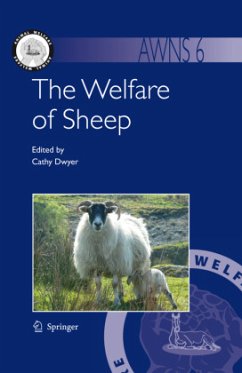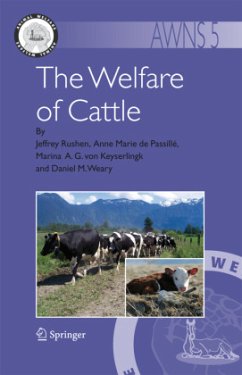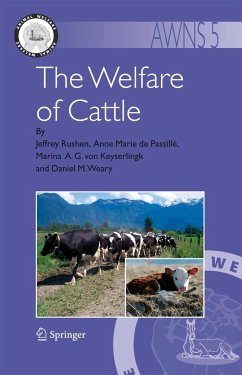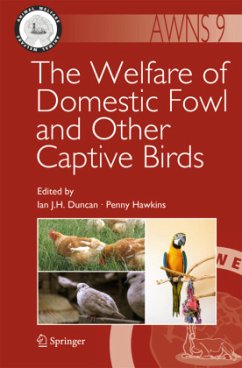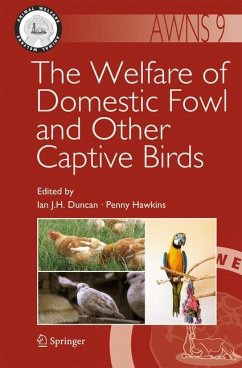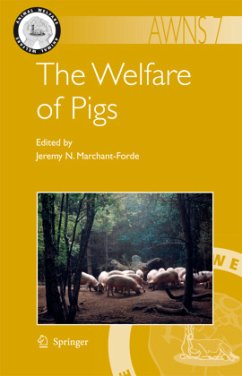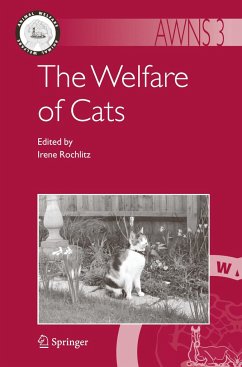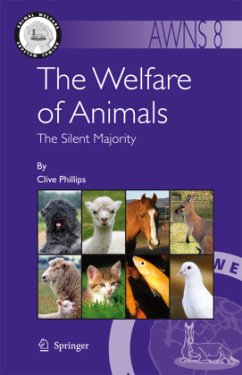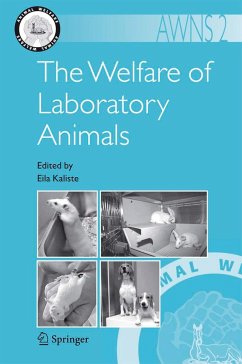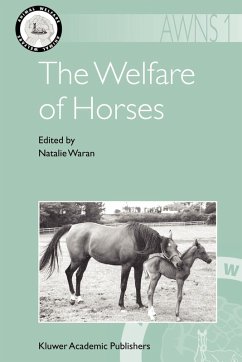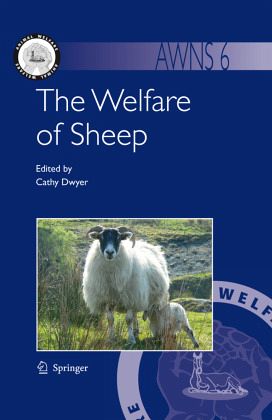
The Welfare of Sheep
Versandkostenfrei!
Versandfertig in 1-2 Wochen
176,99 €
inkl. MwSt.

PAYBACK Punkte
88 °P sammeln!
Animal welfare is attracting increasing interest worldwide, but particularly from those in developed countries, who now have the knowledge and resources to be able to improve the welfare of farm animals. The increased attention given to farm animal welfare in the West derives largely from the fact that the relentless pursuit of ?nancial reward and ef?ciency has led to the development of intensive animal production systems that disturb the conscience of many consumers. In developing countries, human survival is still a daily uncertainty, so that provision for animal welfare has to be balanced a...
Animal welfare is attracting increasing interest worldwide, but particularly from those in developed countries, who now have the knowledge and resources to be able to improve the welfare of farm animals. The increased attention given to farm animal welfare in the West derives largely from the fact that the relentless pursuit of ?nancial reward and ef?ciency has led to the development of intensive animal production systems that disturb the conscience of many consumers. In developing countries, human survival is still a daily uncertainty, so that provision for animal welfare has to be balanced against human welfare. Welfare is usually provided for only if it supports the output of the animal, be it food, work, clothing, sport or companionship. In reality there are resources for all if they are properly husbanded in both developing and developed countries. The inequitable division of the world's riches creates physical and psychological poverty for humans and animals alike in many sectors of the world. Livestock are the world's biggest land user (FAO, 2002) and the population is increasing rapidly to meet the need of an expanding human population. Populations of farm animals managed by humans are therefore incre- ing worldwide, and in some regions there is a tendency to allocate fewer resources, such as labour, to each animal with potentially adverse consequences on the a- mals' welfare.





